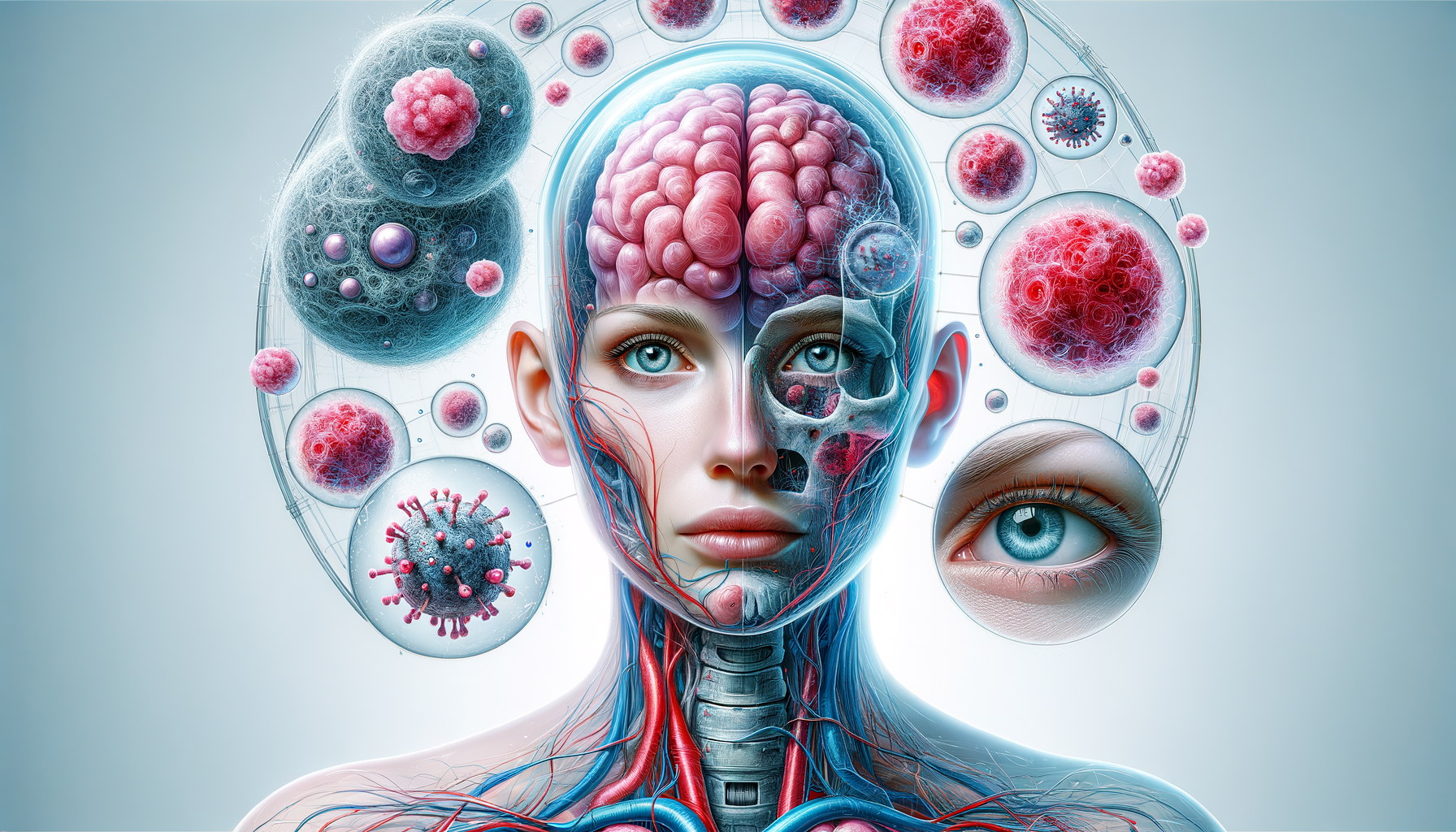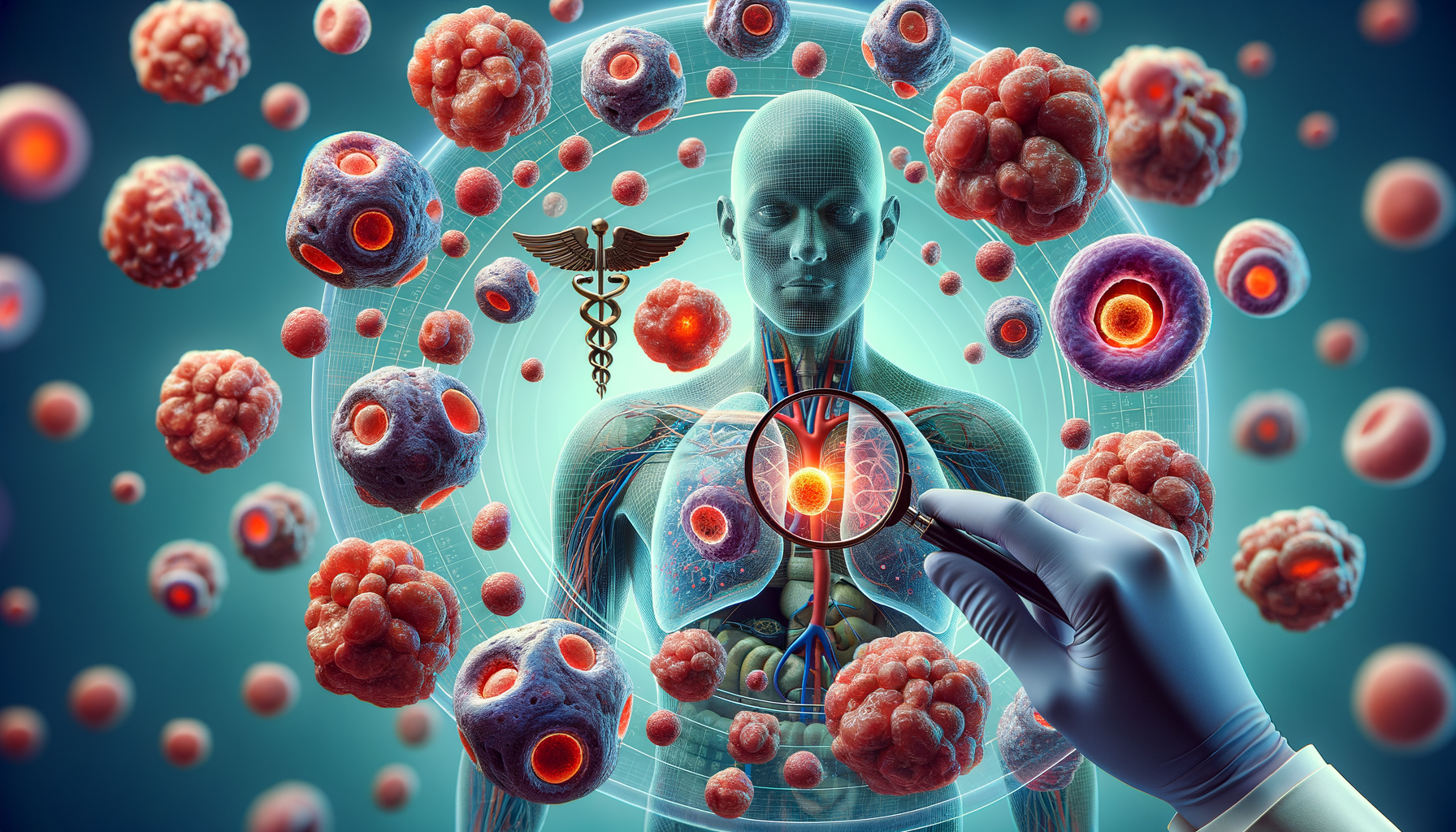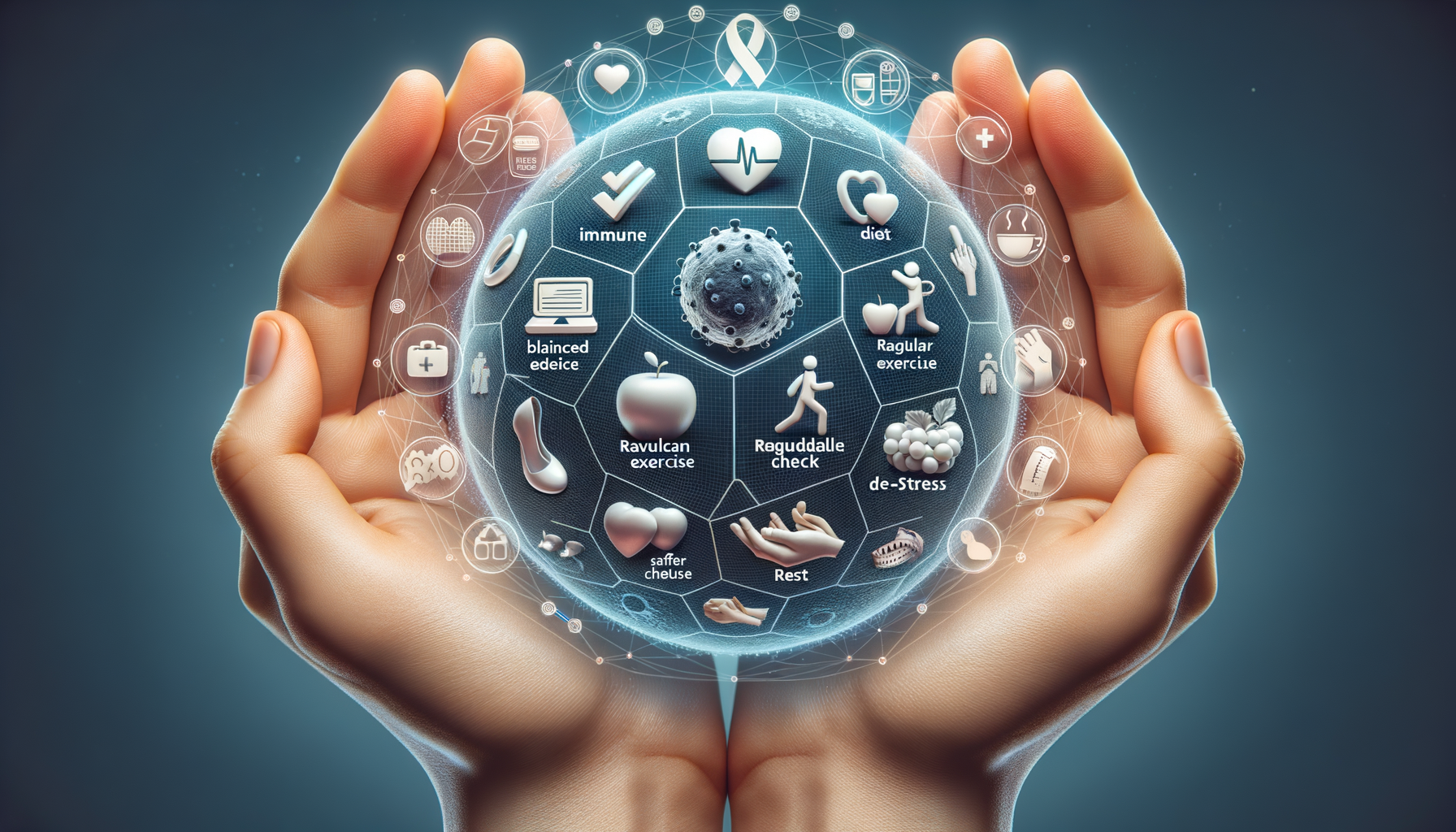Understanding Erectile Dysfunction
Erectile dysfunction (ED) is a condition characterized by the inability to achieve or maintain an erection sufficient for satisfactory sexual performance. It is a common issue that affects millions of men worldwide, particularly as they age. The causes of ED can be complex, involving a combination of physical and psychological factors. Common physical causes include cardiovascular disease, diabetes, and hormonal imbalances, while psychological factors may involve stress, anxiety, or depression.
Understanding the underlying cause of ED is the first step toward effective treatment. Medical professionals often conduct a thorough evaluation, which may include blood tests, a physical examination, and a review of the patient’s medical history. This comprehensive approach helps in identifying the root cause of the dysfunction and guides the selection of the most appropriate treatment option.
ED can significantly impact a man’s quality of life, affecting self-esteem, relationships, and overall well-being. Therefore, addressing this issue is not only important for physical health but also for emotional and psychological health. Recognizing the signs of ED and seeking professional help can lead to effective management and improved quality of life.
Pharmacological Treatments
One of the most common approaches to treating erectile dysfunction is through pharmacological means. Oral medications, commonly known as PDE5 inhibitors, are often prescribed as the first line of treatment. These medications work by enhancing the effects of nitric oxide, a natural chemical the body produces that relaxes muscles in the penis, increasing blood flow and enabling an erection in response to sexual stimulation.
These medications are generally effective and well-tolerated, but they are not suitable for everyone. Patients with certain health conditions, such as severe heart disease or those taking nitrates for chest pain, may not be able to use these medications safely. It’s important for individuals to consult with their healthcare provider to determine if these medications are appropriate for them.
In addition to oral medications, there are other pharmacological options such as injections directly into the penis or urethral suppositories. These methods can be effective for those who do not respond to oral medications or prefer alternative treatments. While these options can be effective, they may come with side effects, and their use should be carefully monitored by a healthcare professional.
Lifestyle Modifications and Psychological Counseling
Beyond medication, lifestyle modifications can play a significant role in managing erectile dysfunction. Factors such as obesity, smoking, and excessive alcohol consumption can contribute to ED, and addressing these can lead to improvements. Regular physical activity, a balanced diet, and maintaining a healthy weight are all beneficial in managing ED.
Psychological counseling is another crucial aspect, especially when ED is primarily driven by psychological factors. Therapy can help address issues such as anxiety, depression, or relationship problems that may be contributing to the dysfunction. Cognitive-behavioral therapy (CBT) has been shown to be particularly effective in treating ED linked to psychological causes.
Support from partners can also be beneficial. Open communication about the condition can help reduce anxiety and improve relationship dynamics, which can, in turn, positively impact erectile function.
Alternative and Complementary Therapies
For those seeking non-traditional approaches, alternative and complementary therapies may offer some benefits. Acupuncture, for example, has been explored as a treatment for ED, with some studies suggesting it can help improve erectile function in certain cases. However, more research is needed to confirm its efficacy.
Herbal supplements are another area of interest, with some men opting for natural remedies such as ginseng or yohimbine. While these supplements are sometimes marketed for ED, their effectiveness is not well-established, and they can interact with other medications or have side effects. It’s crucial for individuals to discuss any alternative therapies with their healthcare provider before use.
Complementary therapies can be used alongside conventional treatments, but they should not replace medical advice or prescribed treatments. A holistic approach that combines conventional and alternative methods may offer the most comprehensive management of ED.
Innovative Treatments and Future Directions
Research into erectile dysfunction continues to evolve, with new treatments and technologies being explored. One promising area is the use of shockwave therapy, which involves delivering low-intensity shockwaves to the penis to improve blood flow and potentially regenerate tissue. Early studies indicate that this could be a viable option for some men, but more research is needed to establish its long-term efficacy and safety.
Stem cell therapy is another innovative approach under investigation. This treatment aims to regenerate erectile tissue and restore function, offering potential benefits for those with ED resulting from injury or surgery. While still in the experimental stages, stem cell therapy could represent a significant advancement in ED treatment.
As research progresses, it is likely that new treatments will emerge, offering hope for those who have not found success with existing options. Staying informed about these developments and maintaining open communication with healthcare providers can help individuals make informed decisions about their treatment plans.



Leave a Reply